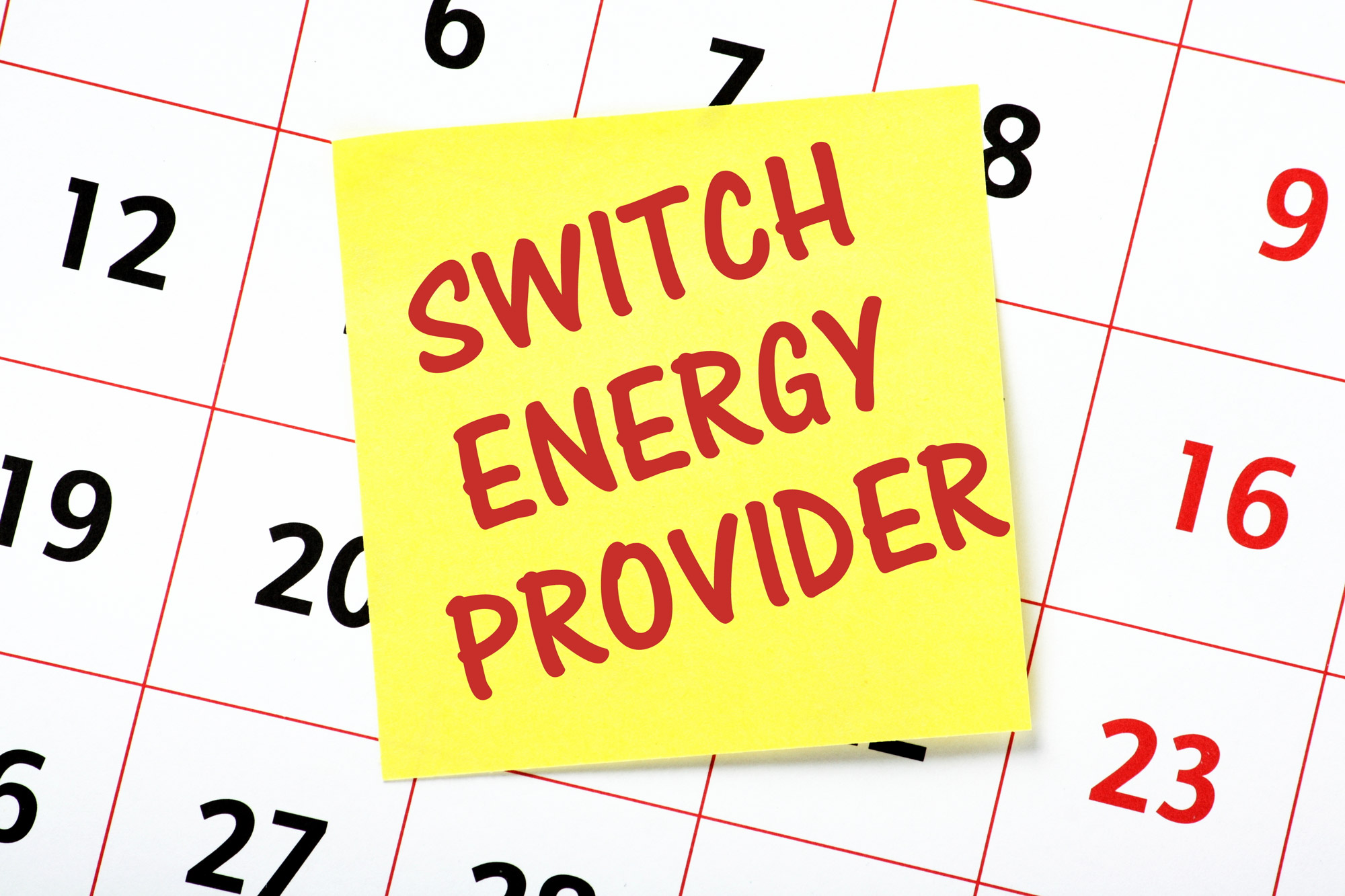As the lockdown measures to combat the Covid-19 become more stringent, people are spending virtually all their time indoors. Analysis from energy firms has revealed that the consumption of home energy has seen a 30% increase, especially around midday.
Working from Home and the Overall Decreased Electricity Demand
With schools closed and most of the population working from their homes, televisions and home PCs are now in use for most of the day. The electricity demand peaks during lunchtime as cooking and the required equipment also add to it. However- with businesses being shut down, the overall energy consumption in the country has decreased.
Electricity demand in the morning and noon has come down by almost 20% as per the National Grid. The major factor in this is the decrease in demand from industrial consumers such as factories. The demand for homes has increased, which provides insights into people’s new habits.

Sleeping-in
People are not commuting to work anymore, which gives them more time to stay in their beds before starting their day. Energy providers have been able to infer that due to the ‘delay’ in early electricity usage.
The consumption of electricity by households has decreased by 21% at 07:30. As fewer people travel to work and use the time to sleep later, the demand also decreases. This is as per the data analysis done by Bulb Energy for over 2,000 of its smart meters. With morning routines becoming less structured, the peak demand has come down considerably.
However- all is not saved. Most of the energy being saved during the early morning hours is consumed later. As per reports from Ovo, there is a 30% increase in consumption during midday. The bulb has reported a 27% surge at the same time. While EDF did not share any exact statistics, it did state that the consumption has increased during midday hours.
The bulb has also reported a decrease of 7% during night hours, from 21:00 to 23:00. This suggests that people are also turning in earlier than usual. Despite the surge during the middle of the day, the increase in domestic demand has not been greater than a few percentage points. Weekend consumption has not seen much change, which has prevented a dramatic surge in consumption.

Time to lock-in the Savings
Despite the overall figures, energy bills may see a more significant rise for some people. For instance, professionals who use more energy-intensive equipment and shared households with more people could see a sharp rise in their bills. It is important to lock-in savings when the costs are low. The simplest way to optimize the cost is to switch from the standard tariffs. This alone could lead to annual savings of up to £350.
As per Marin Lewis, who is also known as a Consumer champion, people must take the cheaper deals before they are taken off the market. Oil prices saw a 17-year low a few weeks ago. Consequently, energy prices also dropped to a 3-year low. However- things have changed significantly since then. Prices are slated to rise, and people could end up paying more with increased consumption if they do not act fast.
Several cheaper deals were pulled off the market, and many others would follow. Variable-rate or default tariffs are among the most expensive ones. Once a fixed-tariff deal ends, consumers are automatically shifted to those. Consumers should try to find the cheapest electricity deal as per their consumption. Ofgem, UK’s primary energy regulator, maintains a list of independent and approved websites that can be used for energy-providers’ comparison.

Anyone who is on default or standard variable tariff can switch. Consumers on a fixed tariff deal with fewer than 6 weeks left can also shift without a penalty. In times when most people are either facing or about to face a financial crunch, choosing the best tariff early could help to get significant savings.
